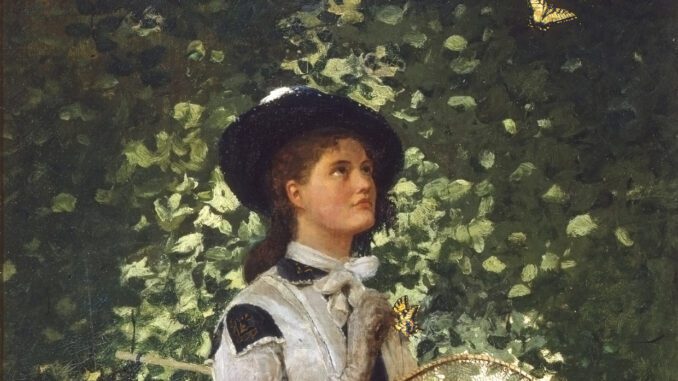
“Since you have been raised to new life with Christ, set your hearts on things above! Set your minds on things above, not on earthly things!” Colossians 3:1-2
Paul reminds us that those who believe on Christ — should live a risen life.
We live on the earth at present. We walk on earth’s streets. We live in material houses, built of stones, bricks, or wood. We eat earth’s fruits, gathering our food from earth’s fields, orchards and gardens. We wear clothes woven of earthly fabrics. We adorn our homes with works of art that human hands make. We engage in the business of earth. We find our happiness in the things of this life.
But there will be a life after this. We call it Heaven. We cannot see it. There is never a rift in the sky, through which we can get even a glimpse of it. We have in the Scriptures hints of its beauty, its happiness, its blessedness. We know it is a world without sorrow, without sin, without death. Paul’s teaching is that the Christian, while living on the earth — ought to begin to live this heavenly life.
One day a friend sent me a splendid butterfly, artistically mounted, known as the Lima Moth. This little creature is said to be the most beautiful of North American insects. Its color is light green with variegated spots. In its caterpillar state, it was only a worm. It died and entered its other or higher state, as we would say — and then the worm became a splendid butterfly.
This illustrates the two stages of a Christian’s life. Here we are in our earthly state. After this will come the heavenly condition. “The things that are above” belong to this higher, spiritual life. But the Christian is exhorted to seek these higher things — while living in this lower world. We belong to heaven, although we are not yet living in heaven.
Paul presents the same truth in another form, when he says, “Our citizenship is in heaven.” Though we are in this earthly world — but we do not belong here. We are only strangers and pilgrims.
J.R. Miller was a pastor and former editorial superintendent of the Presbyterian Board of Publication from 1880 to 1911. His works are now in the public domain.



